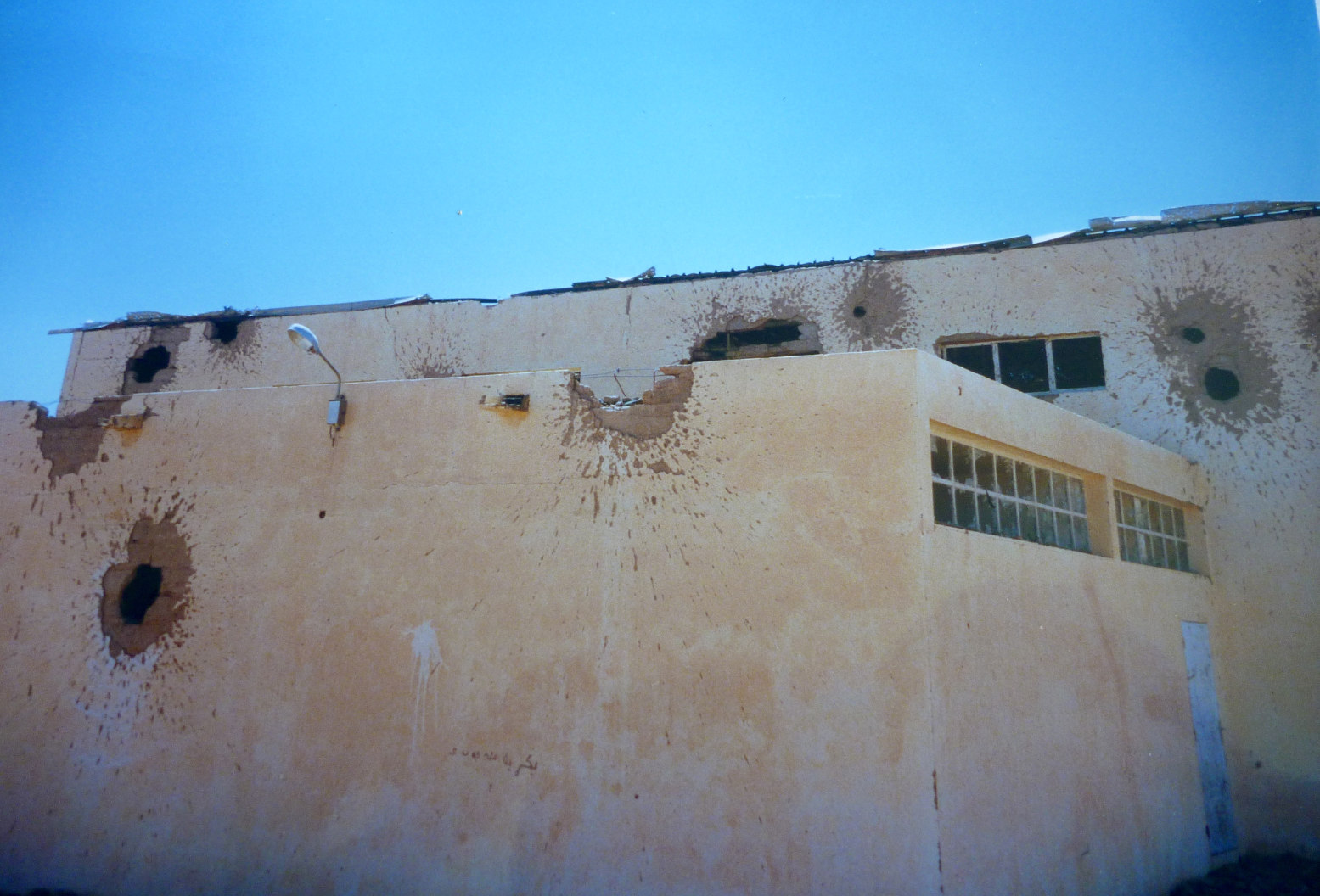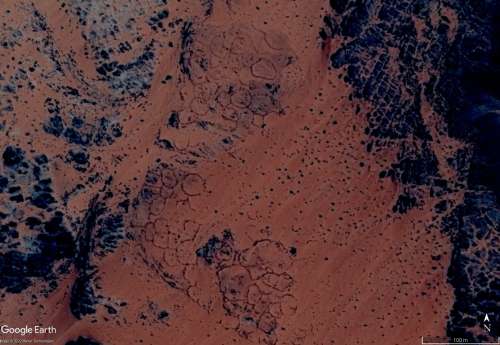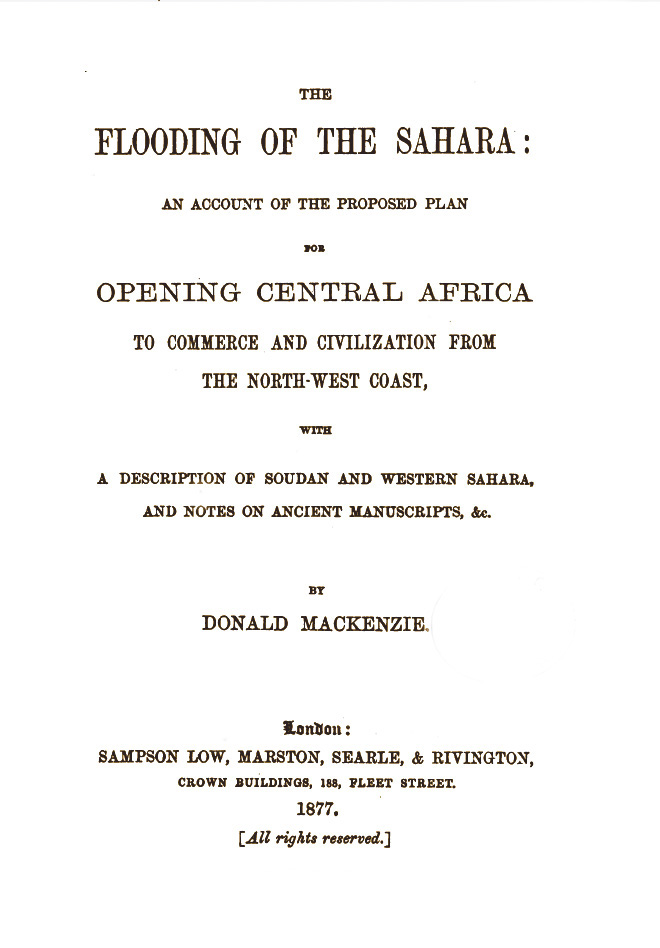|
|||
|
|||
|
|||
|
|||
|
|||
|
|||
|
|||
|
|||
|
|||
|
×


© 2015-2022 nGEC
Fill in the next two fields by clicking here to make a cloudinary account
Choose which sources to upload from
Choose a theme for the widget from Cloudinary's premade themes
File uploads still not working? Contact the author for one-on-one help!
Save Cloudinary Settings












